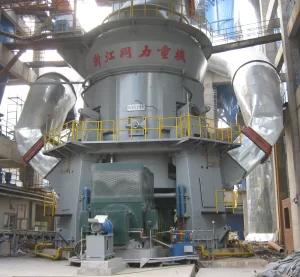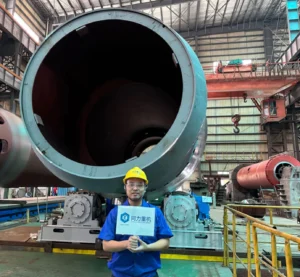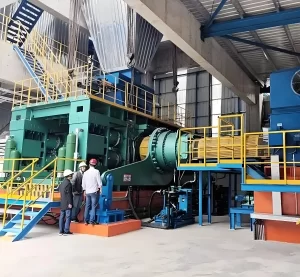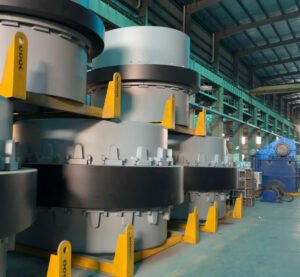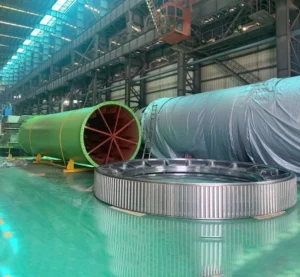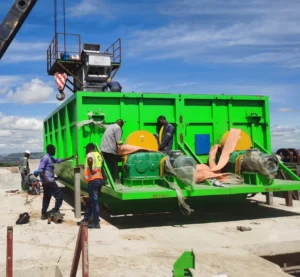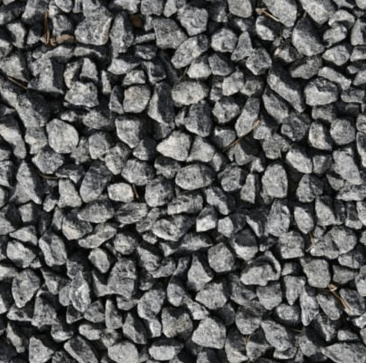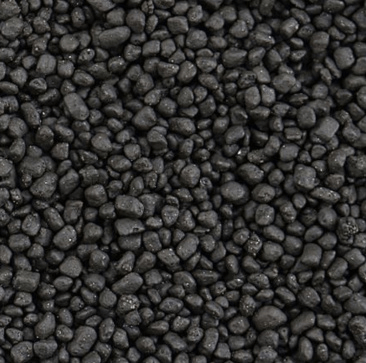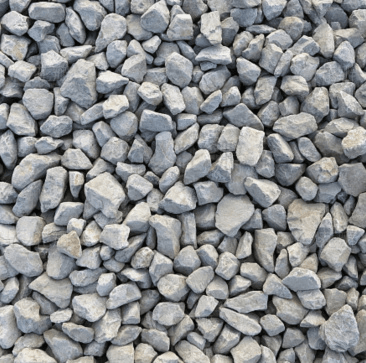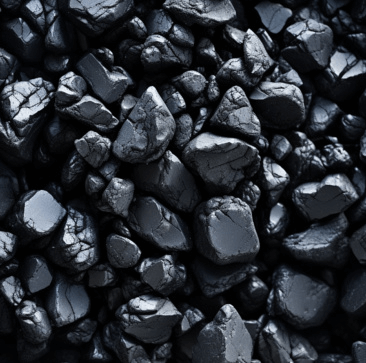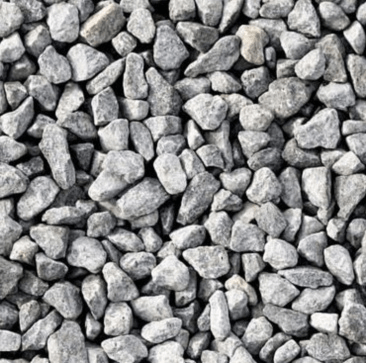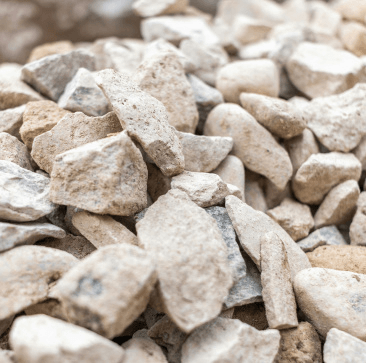-
1. What is a crusher? What are the common types of crushers?
1. In the cement industry, jaw crushers are often used for primary crushing, breaking large ores or limestone into smaller blocks. It is characterized by simple structure, reliable operation, strong adaptability, and is suitable for high-hardness materials. Roller presses are used for fine crushing and pre-grinding. They use two rollers to squeeze materials, which can significantly improve the efficiency of the mill and reduce power consumption. They are important equipment in modern cement processes.
2. In the fertilizer industry, chain crushers are used to crush hard lumps in organic fertilizers and compound fertilizers. They are suitable for wet materials and are not easy to clog. Double-cage crushers are suitable for processing medium-hard materials, especially compound fertilizers, and can crush fertilizers into very fine particles. Urea block crushers are specially used to crush large blocks of urea in the urea production process to ensure the uniformity and quality of the product.
-
2. What is the role of Tongli’s crusher in cement production?
1. Tongli’s crusher is very important in cement production, especially in improving grinding efficiency and optimizing production processes. Taking the cement raw material roller press as an example, it is mainly used for efficient crushing of cement raw materials such as limestone and sandstone.
2. Compared with traditional crushers, roller presses can significantly improve the fineness of materials and increase the specific surface area, thereby improving the grinding efficiency of subsequent ball mills. According to statistics, Tongli roller presses can reduce power consumption by 30%-50%, greatly reducing energy consumption.
3. In addition, Tongli’s cement clinker roller presses squeeze cement clinker at high pressure, reduce grinding resistance, and improve fine grinding efficiency, which helps to increase the output of cement production lines. Data shows that after adding a roller press, the output of the production line can be increased by 20%-30%, while reducing the wear of the grinding system and extending the service life of the equipment. This not only optimizes the entire cement production process, but also reduces maintenance costs.
-
3. How to choose the right type of crusher?
1. The choice of a suitable crusher should be determined based on the material characteristics and production requirements. Material hardness is one of the key factors. For ores with higher hardness, such as granite and basalt, jaw crushers or cone crushers are usually used. The compressive strength of jaw crushers can reach 320 MPa, which is suitable for primary crushing.
2. Secondly, the feed size and discharge requirements also affect the choice of crusher. When the discharge size is required to be finer, an impact crusher can be selected. Its discharge size is usually between 5-40 mm, which is suitable for medium and low hardness materials, such as limestone and coal gangue.
3. In fertilizer production, the agglomeration degree and humidity of the material determine the type of crusher. For fertilizers with higher humidity, chain crushers are suitable for crushing wet materials because of their good resistance to clogging. For large urea lumps, urea crushers can efficiently handle large agglomerated urea to ensure particle uniformity.
-
4. What are the unique advantages of Tongli’s crushers?
1. In terms of design, Tongli focuses on the selection of high-quality alloy steel and advanced processing technology. Cement raw material roller presses and clinker roller presses are made of high-strength alloy steel materials, which have excellent wear resistance. At the same time, the pressure distribution of the roller surface is optimized, which can greatly improve the material crushing efficiency. According to statistics, the use of roller presses can reduce the power consumption of cement grinding systems by 20%~30%, significantly improving production efficiency. The pre-grinding process of the roller press not only reduces the energy consumption of traditional ball mills, but also extends the service life of the equipment.
2. In the fertilizer industry, Tongli’s urea crusher is specially designed for processing urea and other materials that are prone to agglomeration. The crusher adopts a special blade structure, which can efficiently crush large pieces of urea, prevent fertilizers from agglomerating during storage and transportation, and ensure the uniformity of the finished product particles.
-
5. How does the double-cage crusher for compound fertilizer improve particle fineness and uniformity?
The double-cage crusher for compound fertilizer adopts a double-cage rotor structure, which can achieve efficient crushing and improve the fineness and uniformity of the finished particles. The two counter-rotating cage wheels crush the material into extremely fine particles through high-speed collision, effectively avoiding the problem of material agglomeration. The double-cage crusher is suitable for compound fertilizer materials with medium hardness, especially for production processes with high demand for fine particles. The equipment can crush the material to less than 0.5mm, ensuring the high quality of the finished compound fertilizer. In addition, its wear-resistant component design greatly reduces the wear of the equipment and extends its service life.

